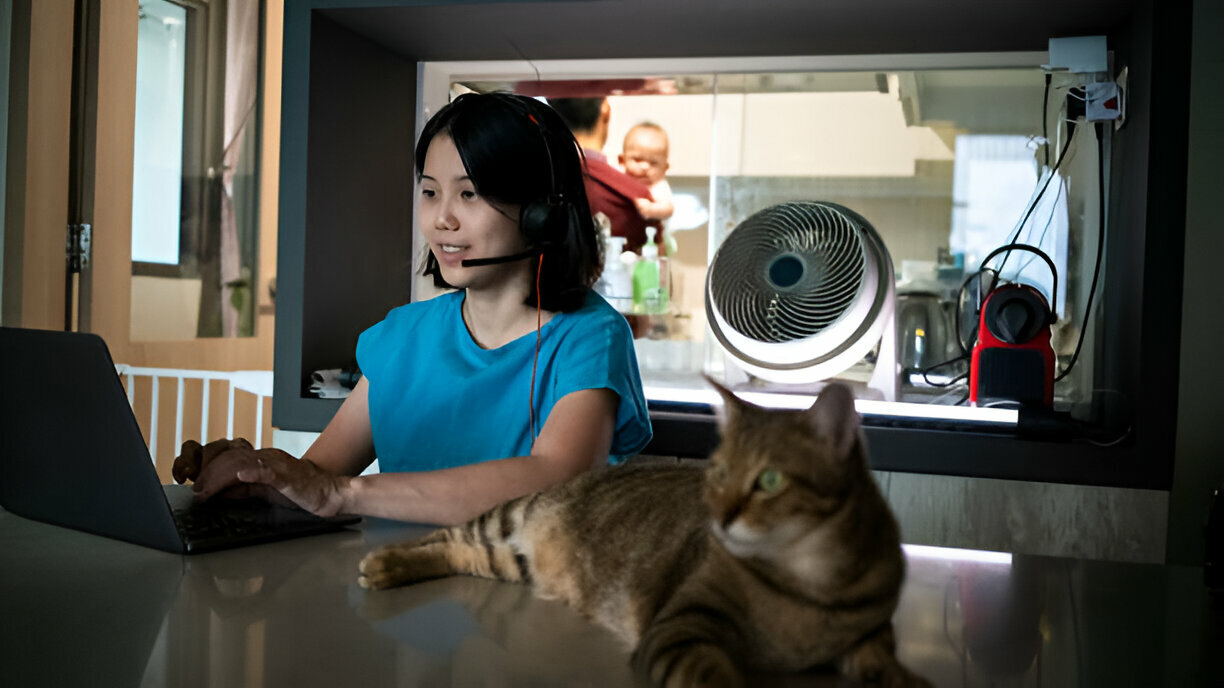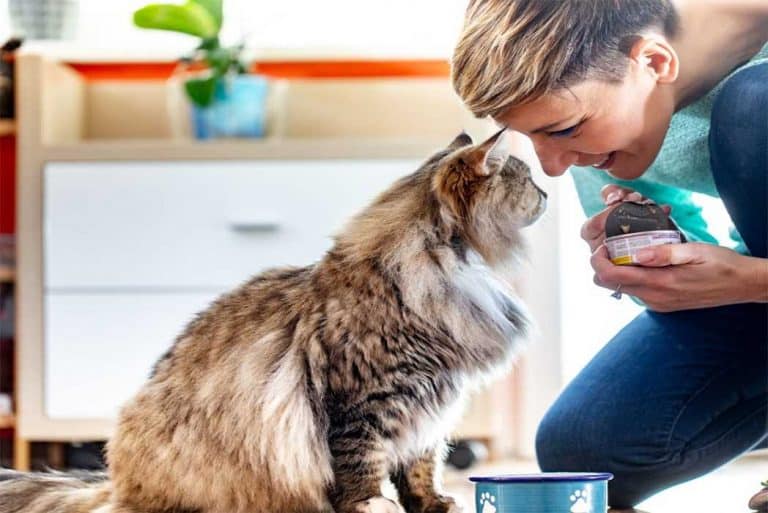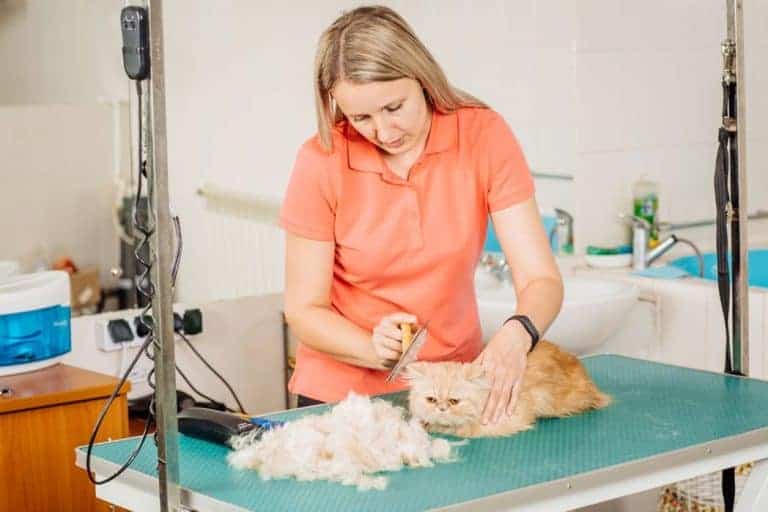Albon for Cats: Understanding Uses, Dosage, and Safety

Albon is an antimicrobial drug commonly prescribed in veterinary medicine to treat a variety of bacterial infections in cats. Officially known as sulfadimethoxine, it stands out in the realm of pet care due to its effectiveness against a host of pesky infections, particularly those attributed to coccidia, a group of microscopic parasites that can affect the feline intestinal tract.
Reserved for specific applications, Albon is particularly adept at targeting coccidiosis, an infection that may lead to symptoms ranging from mild diarrhea to severe digestive upset in cats. The medication operates by halting the production of folic acid within the bacteria and parasites, an essential compound for their growth and sustainability, thus rendering the intrusive organisms vulnerable and halting their proliferation. Vets may also prescribe it for other types of infections, such as respiratory or urinary tract infections, that are caused by bacteria susceptible to sulfadimethoxine.
The dosing regimen of Albon for cats is a meticulous affair, tailored to the creature’s weight and the severity of the infection. It is typically administered orally, either through a liquid suspension or tablet form, and the initial dosage is often higher, known as a ‘loading dose,’ to quickly reach therapeutic levels in the cat’s system. Subsequent dosages, generally lower, are then given over a period that could span several days to weeks, depending on the veterinarian’s specified treatment plan.
Ensuring safety while treating feline patients with Albon involves adhering to the veterinarian’s instructions and being vigilant about monitoring for side effects. While Albon is largely considered safe for cats, some may exhibit reactions such as vomiting, diarrhea, or anorexia. Long-term use requires careful observation, potentially including periodic blood work to monitor the cat’s response to the medication.
In the forthcoming segments, the focus will shift to the nuanced intricacies of Albon’s interaction with the feline physiology. There will be an illustration of the situations that warrant its use, an elucidation on avoiding drug interactions, and an insight into the importance of close monitoring by pet owners and veterinarians alike. This review will provide cat owners with a robust understanding of when and how to utilize Albon responsibly to ensure their feline’s swift return to optimal health.
What’s more, the dialogue on Albon will not halt at mere medical analysis; it will also include practical guidance for cat owners. From administering the correct dosage concealed in a treat to recognizing the signs that warrant a follow-up consultation with a vet, these insights aim to add clarity to the use of this medication in daily pet care practices. The safe and effective use of Albon demands a thorough understanding of its therapeutic benefits and potential risks, all while navigating the daily joys and challenges of living with feline companions.
- Albon is a medication commonly prescribed for cats to treat bacterial infections, notably those affecting the gastrointestinal tract such as coccidiosis.
- The active ingredient in Albon is sulfadimethoxine, which works by inhibiting the growth and multiplication of bacteria, giving the cat’s immune system a chance to fight off the infection.
- Dosage of Albon for cats is determined by the weight of the animal and the severity of the infection, and it is critical that a veterinarian calculate this to ensure safety and effectiveness.
- Albon is available in both oral suspension and tablet form, allowing flexibility in administration depending on the cat’s willingness to ingest medication.
- Side effects of Albon can include vomiting, diarrhea, anemia, and allergic reactions, although it is generally considered safe when administered correctly.
- It’s important for pet owners to observe their cat for any signs of side effects and to contact their veterinarian if any adverse reactions occur.
- Continuous monitoring of the cat’s condition is necessary throughout the treatment period to ensure the infection is being effectively treated and to adjust dosages if required.
- Completing the full course of Albon, as prescribed by a veterinarian, is crucial to prevent the development of antibiotic resistance and to ensure the infection is fully eradicated.
- Albon should not be used in cats with liver or kidney disease, or in those with a known hypersensitivity to sulfonamides, as it may cause more harm than benefit.
- Drug interactions are possible when using Albon, so it’s critical for pet owners to inform veterinarians about any other medications or supplements the cat is receiving.

What is Albon for Cats and How Can It Be Used Safely?
Defining Albon for Cats: Usage and Dosages
Albon, known generically as sulfadimethoxine, is an antibiotic medication commonly used to treat a variety of bacterial infections in cats. It is particularly effective against coccidiosis—a parasitic disease of the intestinal tract. Dosage is critical and is typically based on the weight of the cat and the severity of the infection, often requiring a veterinarian to calculate the precise amount needed. It’s also crucial to understand the term safety profile, referring to the potential side effects and risks associated with the medication, and the concept of a treatment plan, which is the comprehensive approach to diagnosing, prescribing, and monitoring the use of Albon in felines for optimal health outcomes.
The antibiotic Albon offers a solution to various bacterial problems that can afflict cats. Its primary use is in combating coccidial infections, which are particularly common in kittens and can cause severe gastrointestinal distress. The medication works by interfering with the bacteria’s ability to multiply, helping to contain the infection and allowing the cat’s immune system to combat the remaining pathogens. However, understanding the specific applications of Albon is crucial, as its misuse could lead to antibiotic resistance or exacerbation of the infection. A comprehensive understanding of the medication’s mechanism, when it should be deployed, and the potential risks associated with improper use is essential for any cat owner considering Albon as a treatment option.
Pet Medication Administration Techniques
Ensuring pets receive their required medication can be a challenging task for pet owners. It requires patience, skill, and knowledge of the various administration techniques. One of the most straightforward methods is oral administration, where tablets or capsules are given directly by mouth. This can be done by gently opening the pet’s mouth and placing the medication far back on the tongue, then holding the mouth closed and stroking the throat to encourage swallowing.
Liquid medications may come with a dropper or syringe for easier administration. A common technique involves placing the tip of the dropper or syringe at the back of the cheek pouch and slowly dispensing the medication, allowing the pet to swallow it bit by bit. To make this process easier, pet owners sometimes use pill pockets or treats specifically designed to conceal medication, which helps disguise the taste and make the pill more palatable.
Non-Invasive Treatment Alternatives
For pet owners who are unable to administer oral medications or for pets that are highly resistant, there are alternative treatment options that can be less stressful for both parties. Topical medications come in the form of creams, ointments, or transdermal gels that can be applied directly to the skin. These generally absorb into the bloodstream through the skin’s surface. The area of application should be clean and free of hair to maximize absorption. Protective clothing or bandages may be used to prevent the pet from licking the medication off.
Another popular non-invasive alternative is the use of medicated ear drops for certain conditions, where medication is applied inside the ear canal. This method proves especially useful when treating ear infections but can also be applied for systemic medication in some cases. For chronic conditions, some pet owners opt for injectable medication administered by a vet, which can sometimes provide a longer-lasting effect without the need for daily dosing.
Choosing Safe and Effective Antimicrobials
When a pet requires treatment for a bacterial infection, selecting the appropriate antimicrobial agent is crucial. It’s important to choose a medication that is specifically effective against the causative bacteria. Culturing the bacteria and performing a sensitivity test is often recommended to ensure the selected antibiotic will be effective. This also helps in preventing the rise of antibiotic-resistant strains.
Many veterinarians take into consideration factors such as the pet’s medical history, potential side effects, and the severity of the infection before prescribing an antimicrobial. Pet owners should always follow the vet’s prescribed dosage and duration of treatment to avoid complications and ensure the infection is fully eradicated. It’s also vital for owners to monitor their pets for any adverse reactions to the medication and to keep all follow-up appointments with their vet.
What is Albon and what is it used for in cats?
Albon is a brand name for the antibiotic sulfadimethoxine, which is commonly used in veterinary medicine to treat various types of bacterial infections in cats, including respiratory, urinary tract, and soft tissue infections. It is especially effective against a type of infection called coccidiosis, which is caused by one-celled organisms called protozoa.
The medication works by inhibiting the production of dihydrofolic acid, a substance that bacteria and protozoa need to produce vital components. By interrupting this process, Albon disrupts the growth and multiplication of these infectious organisms, helping to resolve the infection and relieve symptoms in the infected cat.
How is the dosage of Albon determined for cats?
The dosage of Albon for cats is typically determined by the cat’s weight and the severity of the infection. A veterinarian will calculate the appropriate dose based on these factors, often starting with a higher initial dose followed by smaller daily doses. It’s critical that the medication is given exactly as prescribed and for the full duration to minimize the risk of resistant bacteria developing.
It’s important to follow the veterinarian’s instructions regarding dosage and not to make any adjustments without professional guidance. Dosage may also be adjusted based on how well the cat tolerates the medication and whether it is experiencing any side effects. Regular follow-up appointments may be necessary to monitor the cat’s response to treatment.
Can Albon cause side effects in cats?
Yes, like any medication, Albon can cause side effects in some cats. Common side effects include vomiting, diarrhea, anorexia, and lethargy. These symptoms usually resolve on their own; however, persistent or severe side effects may require veterinary attention. Cats with known sulfonamide sensitivity may also show more severe reactions to the medication.
In rare cases, Albon can cause more serious side effects such as Keratitis Sicca (dry eye), blood cell count changes, liver or kidney damage, or hypersensitivity reactions. If a cat exhibits signs of an allergic reaction, such as difficulty breathing, swelling, or hives, seeking immediate veterinary care is crucial. Long-term usage should be monitored by a veterinarian to watch for any potential adverse effects on the cat’s health.
Is Albon safe for all cats?
Albon is generally safe for most cats when used as directed by a veterinarian. However, it is not suitable for all cats. Kittens, or cats that are pregnant or nursing, may need special consideration, as the effects of the medication on these groups are not well documented and could be harmful. Cats with liver or kidney disease or those with a history of blood cell abnormalities should use Albon with caution, as it could exacerbate these conditions.
It is important to inform the veterinarian of any other medications the cat is taking, as Albon can interact with other drugs, potentially causing adverse reactions. Always provide a complete medical history to the vet before starting treatment to ensure Albon is a safe option for your cat.
How should Albon be administered to cats?
Albon is available in both tablet and liquid form, making administration flexible based on what is easiest for the cat and the caregiver. If the medication is prescribed in tablet form, it may be crushed and mixed with a small amount of food to make it more palatable. For the liquid form, a dropper or syringe without a needle can be used to measure and give the correct dosage.
It is essential to give Albon with food to decrease the chances of digestive upset. Consistency in administration time is also key to maintaining effective blood levels of the medication. Missing a dose can reduce the efficacy of the treatment, so set reminders if needed to ensure all doses are given as prescribed.
What should I do if I miss giving my cat a dose of Albon?
If you miss a dose of Albon, give it as soon as you remember. However, if it is almost time for the next scheduled dose, skip the missed dose and continue with the regular dosing schedule. Avoid giving two doses at once, as this can increase the risk of side effects. If multiple doses are missed, contact your veterinarian for guidance on how to proceed with the treatment.
Missing doses can decrease the effectiveness of the antibiotic and increase the risk of antibiotic resistance, so it’s crucial to adhere to the treatment schedule as closely as possible. If you find the dosing schedule challenging, discuss with your veterinarian if there’s a more manageable dosing regimen for your lifestyle or consider setting alarms as reminders.
Can Albon be used in conjunction with other medications?
Albon may interact with other medications, and its use should be discussed with a veterinarian if the cat is already on another treatment. Certain drugs, like anticoagulants and some anticonvulsants, can have adverse interactions when used with sulfadimethoxine. It’s crucial to provide a full list of any medications or supplements your cat is currently taking to avoid potential drug interactions.
The vet may need to adjust doses or suggest an alternative treatment if there is a risk of interaction. Monitoring your cat closely for any signs of adverse reactions when starting a new medication is also recommended. If you notice any unusual symptoms or behaviors, contact your veterinarian immediately.
How long does it take for Albon to work on cat infections?
Response time to Albon can vary depending on the type and severity of the infection being treated. Some improvements might be noticed within a few days of starting the medication, but it is essential to complete the entire course of antibiotics as prescribed, even if the cat appears to be better. Stopping treatment early can lead to a resurgence of the infection and contribute to antibiotic resistance.
In cases of more stubborn or severe infections, the full benefits of the medication may not be evident until the full treatment course is nearly complete. Follow-up with the vet is crucial to assess the effectiveness of the treatment and to determine if additional measures are needed. Patient owners should be prepared for their cat to be on medication for several weeks, especially in the case of coccidiosis or other more entrenched infections.
What should I do if my cat has an allergic reaction to Albon?
If you suspect your cat is having an allergic reaction to Albon, characterized by symptoms such as hives, swelling, difficulty breathing, or a sudden onset of diarrhea or vomiting, seek veterinary assistance immediately. Allergic reactions can progress rapidly and may become life-threatening if not treated promptly.
After stabilizing the cat, the veterinarian will likely advise stopping the Albon and may prescribe an alternative antibiotic that does not belong to the sulfonamide class. They may also administer antihistamines or steroids to manage the allergic response. Thorough documentation of this reaction is important for future reference in the cat’s medical records to prevent administration of similar drugs in the future.
Can Albon affect my cat’s appetite and how can I manage it?
One of the side effects of Albon is that it can lead to a loss of appetite in some cats. This reaction can be concerning because it’s crucial for sick cats to maintain proper nutrition to aid in their recovery. If your cat’s appetite decreases, you can try offering palatable, high-value foods, warming up the food to enhance the smell, or hand-feeding.
Appetite stimulants may be prescribed by the veterinarian if the cat’s reluctance to eat persists. However, if the lack of appetite is severe or accompanied by other side effects like vomiting or diarrhea, it’s vital to contact your veterinarian, as this could indicate a more serious issue. Proper hydration is also critical when a cat is on medication, so ensure your cat has continual access to fresh water and encourage drinking whenever possible.
Final Thoughts
Albon for cats is an effective antibiotic for treating bacterial infections, particularly those caused by coccidia. Its importance in maintaining feline health cannot be understated, as it can dramatically improve the outcome of infectious diseases in our feline companions. When considering Albon for cats, it’s vital to adhere to the prescribed dosage and duration of treatment as recommended by a veterinarian to ensure safety and efficacy. Over or under-dosing can lead to complications, including drug resistance or insufficient treatment of the infection.
As with any medication, monitoring for any side effects is crucial. Albon is generally well-tolerated by most cats, but some may experience adverse reactions such as vomiting, diarrhea, or an allergic response. Quick intervention by a vet in such cases is important for the cat’s wellbeing. Furthermore, ensuring that Albon for cats is used judiciously helps prevent the rise of antibiotic-resistant bacteria, protecting not only individual pet health but also the broader health of feline populations. It is essential that pet owners recognize the seriousness of prescribing antibiotics properly and commit to responsible medication practices.






